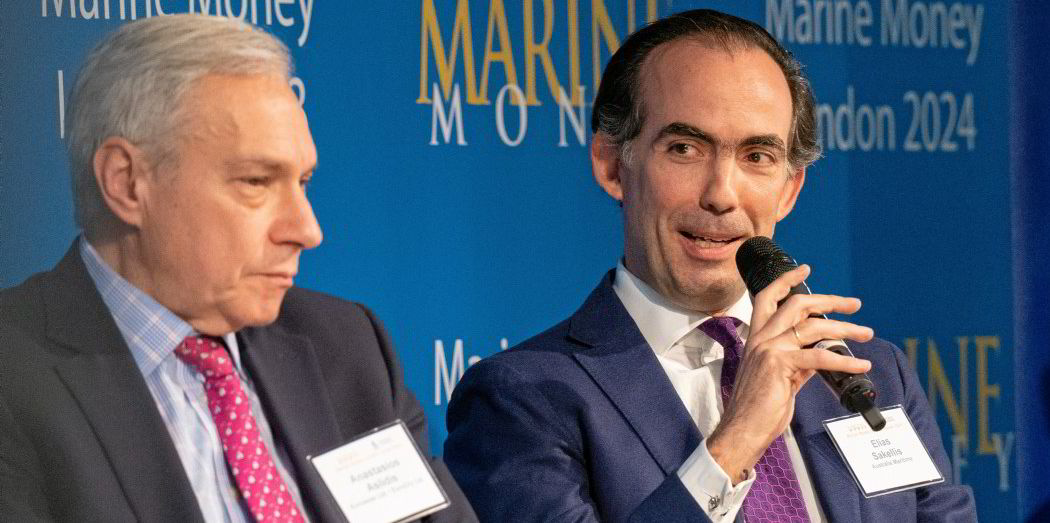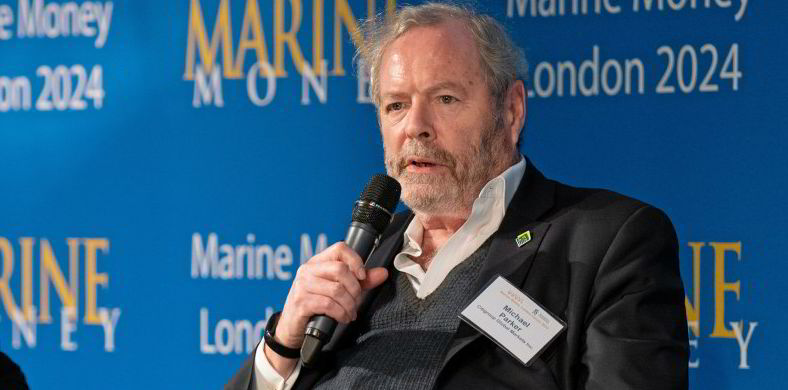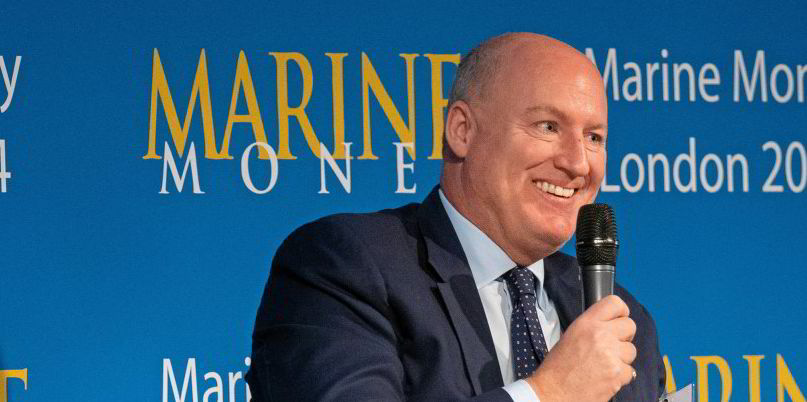Merger-and-acquisition activity will cross over from public to private shipowning as cost pressures linked to the energy transition grow, a leading banker predicts.
Consolidation among shipowning companies today is seen to carry the most reward to stock-listed companies.
This picture will change in the future as the financial weight of building vessels not running on conventional heavy fuel oil rises, according to Michael Parker, chairman of global shipping & logistics at Citi.
He told Marine Money in London that a challenge in the future for shipowners will be who can afford to build a vessel.
“Will the cargo owner choose to use a shipowner with a small fleet as one of their primary shipping and logistics players?” he asked.
“I think over time, because shipping is going to become much more expensive … it’s going to lead to bigger companies that have the scale — whether that is in the public markets or the private markets,” he said when pressed on the potential for M&A activity.
“I think it’s going to be spurred for financial reasons, because as shipping becomes so much more expensive and because the cargo owner is going to be driving the agenda where things like reputational risk will be higher, that may lead to the inevitable slower consolidation even in the tanker and bulk sectors.
“It will happen, probably, over time.
“It does not mean being a small shipowner will be impossible, it will just be more expensive.”

Elias Sakellis, chief executive of Australis Maritime, told the conference he did not regard consolidation as beneficial for mainstream shipping markets.
“The largest part of commodity shipping, I don’t personally believe in consolidation for that,” he said,
“It’s too fragmented and even if you are consolidated, your clients are much bigger than you are.
“I don’t think you will ever find yourself in a position where you are, on a sustained basis through the cycle, able to dictate pricing.”
Anastasios Aslidis, chief financial officer of Euroseas, said being larger made sense for stock-listed companies. For private shipowners, he was less convinced.
“Before the advent of the public markets for shipping, ownership consolidation in shipping obviously did not make sense because it didn’t happen,” he said.
“What makes sense, and what did happen to some degree, is commercial consolidation. That is why there were pools developing for tankers and bulkers and even in the container sector.”





